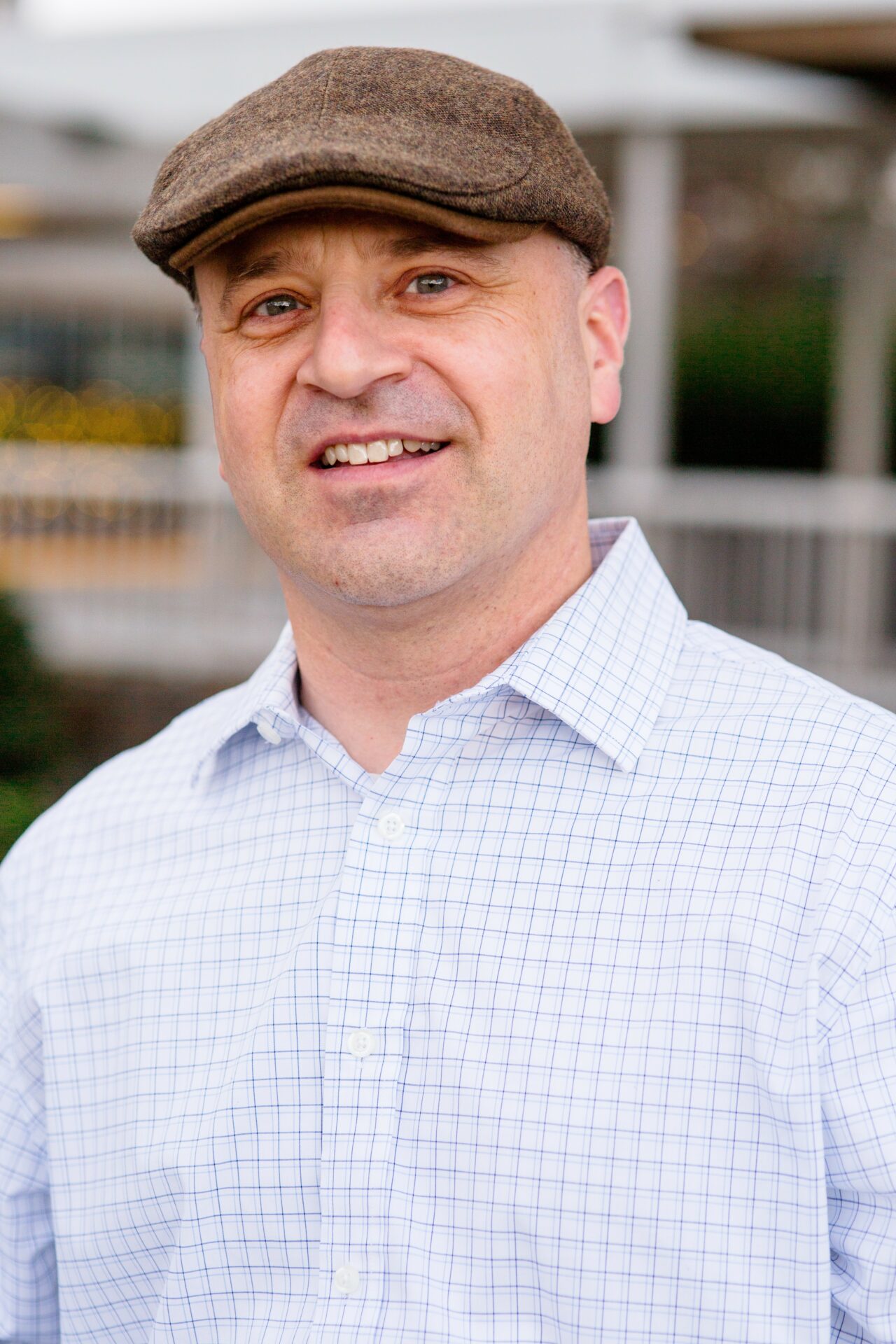We’re excited to introduce you to the always interesting and insightful Max Shapiro. We hope you’ll enjoy our conversation with Max below.
Hi Max, so excited to have you with us today and we are really interested in hearing your thoughts about how folks can develop their empathy? In our experience, most folks want to be empathic towards others, but in a world where we are often only surrounded by people who are very similar to us, it can sometimes be a challenge to develop empathy for others who might not be as similar to us. Any thoughts or advice?
I developed my sense of empathy through various interactions over the course of my training and as a practitioner. During my training, I had the opportunity to work in a variety of hospital settings, including private hospitals, VA medical centers and a public county hospital. This allowed me to see patients of all adult ages, from multiple different backgrounds, and with countless conditions. I soon learned that they were all seeking the same basic goals – recovering from health setbacks, keeping chronic diseases in check or staying healthy through preventative care.
After I learned more about specific GI conditions, some of which are very common, I was able see how they affected not only my patients, but also some of my family and close friends. I have even been able to notice my own symptoms, which only occur occasionally, but allow me to better understand what my patients are often going through much more frequently. I have also experienced navigating the world of healthcare and insurance companies as a consumer, and can sympathize when patients become frustrated by the many obstacles that these systems often present.
The empathy I have developed over the years has allowed me to better understand the whole person in front of me, not just their symptoms or conditions. In my current practice, I make sure I allow enough time at every first office visit to accomplish this.
Let’s take a small detour – maybe you can share a bit about yourself before we dive back into some of the other questions we had for you?
In general, I am focused on direct patient care. Throughout my day, I care for patients during office appointments, hospital consultations and endoscopic procedures. I have found that this type of direct care can be very meaningful and rewarding. Improving the way people feel physically, can often have a profound impact on their overall sense of well-being. Receiving this kind of feedback will likely be the best part of my day.
During the pandemic, telemedicine became quite popular and sometimes necessary. Although most patient visits are in-person again, telemedicine continues to play an important role for the appropriate situations. Appointments prior to a routine colonoscopy and for medication refills are a good fit for telemedicine. The conditions are generally straightforward and usually do not require a physical examination. However, in-person visits are often necessary (I still cannot perform a colonoscopy by telemedicine – LOL).
If you had to pick three qualities that are most important to develop, which three would you say matter most?
Through my journey, I have learned many impactful lessons and there are a few key pieces of advice I would have for young doctors early in their career. First, make sure they take the time to explore the vast options available in medicine. If they can find the field or specialty and the practice setting that is the best fit, it will be easier to achieve professional fulfillment and avoid burnout.
I would also encourage young doctors to stay relevant by continuing to learn and grow. Keeping up-to-date with best practices and taking advantage of newly developed technology will ensure that they don’t get left behind by their field. They should also learn to work collaboratively. Participating in multidisciplinary conferences and discussing challenging diagnoses with colleagues will keep them connected to their medical community AND result in better patient care. Ask for help when they need it!
To close, maybe we can chat about your parents and what they did that was particularly impactful for you?
My parents always prioritized my education. They encouraged me to pursue any opportunities that were available. They sacrificed to ensure that I would be able to take advantage of these. I have always been academically driven, but I do not believe I would have reached the same level of success without their support.
My father is also a physician. So, he has been a natural mentor for me throughout my training and my career. In one of the included photos, he is placing my first white coat on me, as part of a medical school ceremony.
Contact Info:
- Website: www.DrMaxShapiro.com
- Instagram: www.instagram.com/dr.maxshapiro (@dr.maxshapiro)
- Facebook: www.facebook.com/Dr.MaxA.Shapiro
- Linkedin: www.linkedin.com/in/drmaxshapiro









